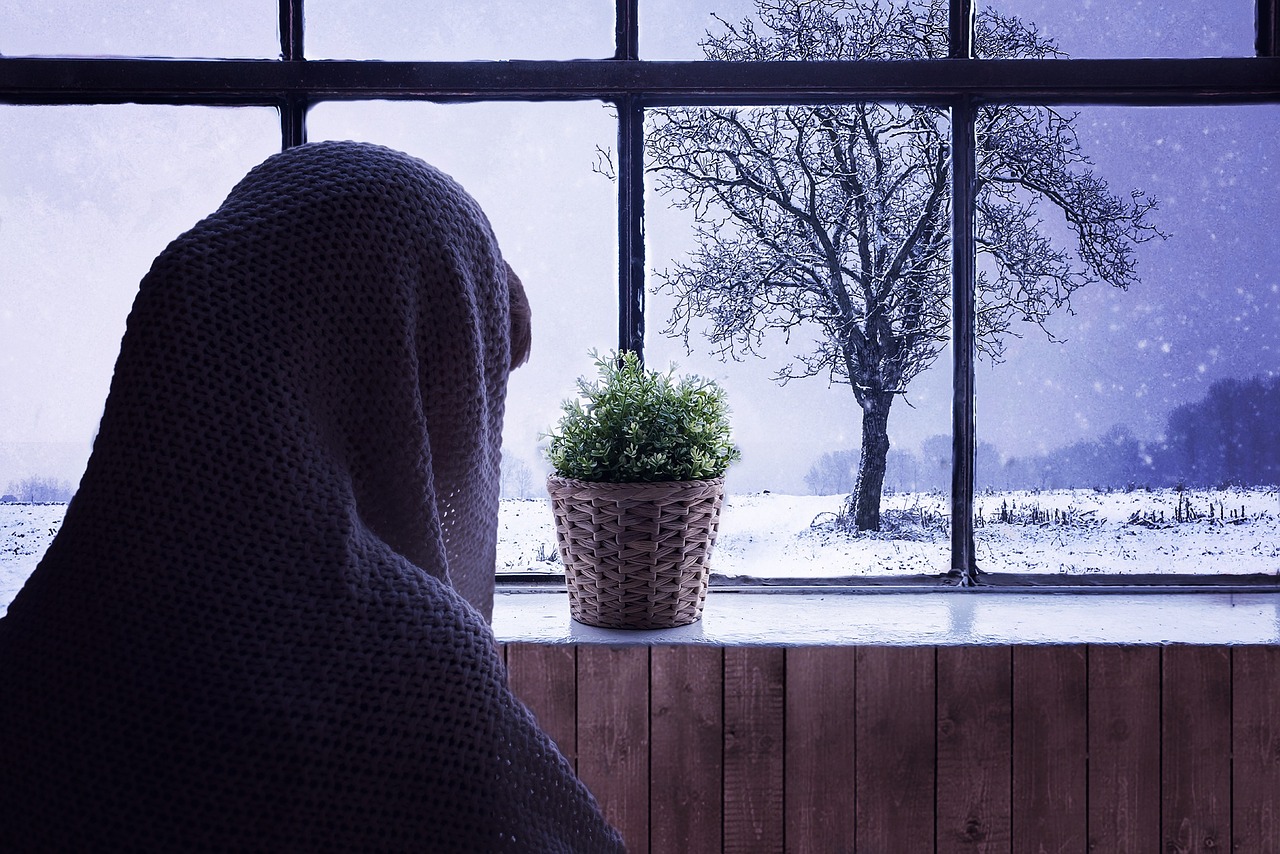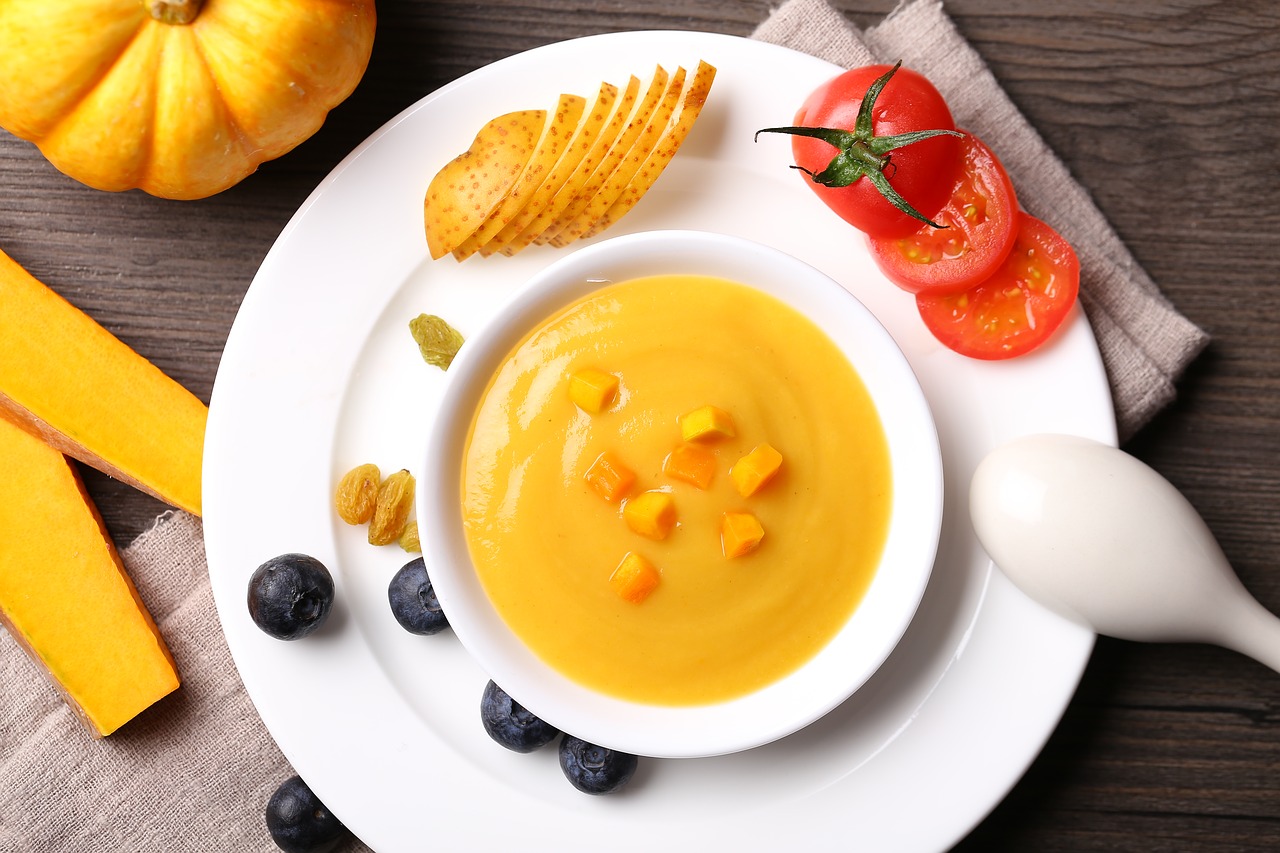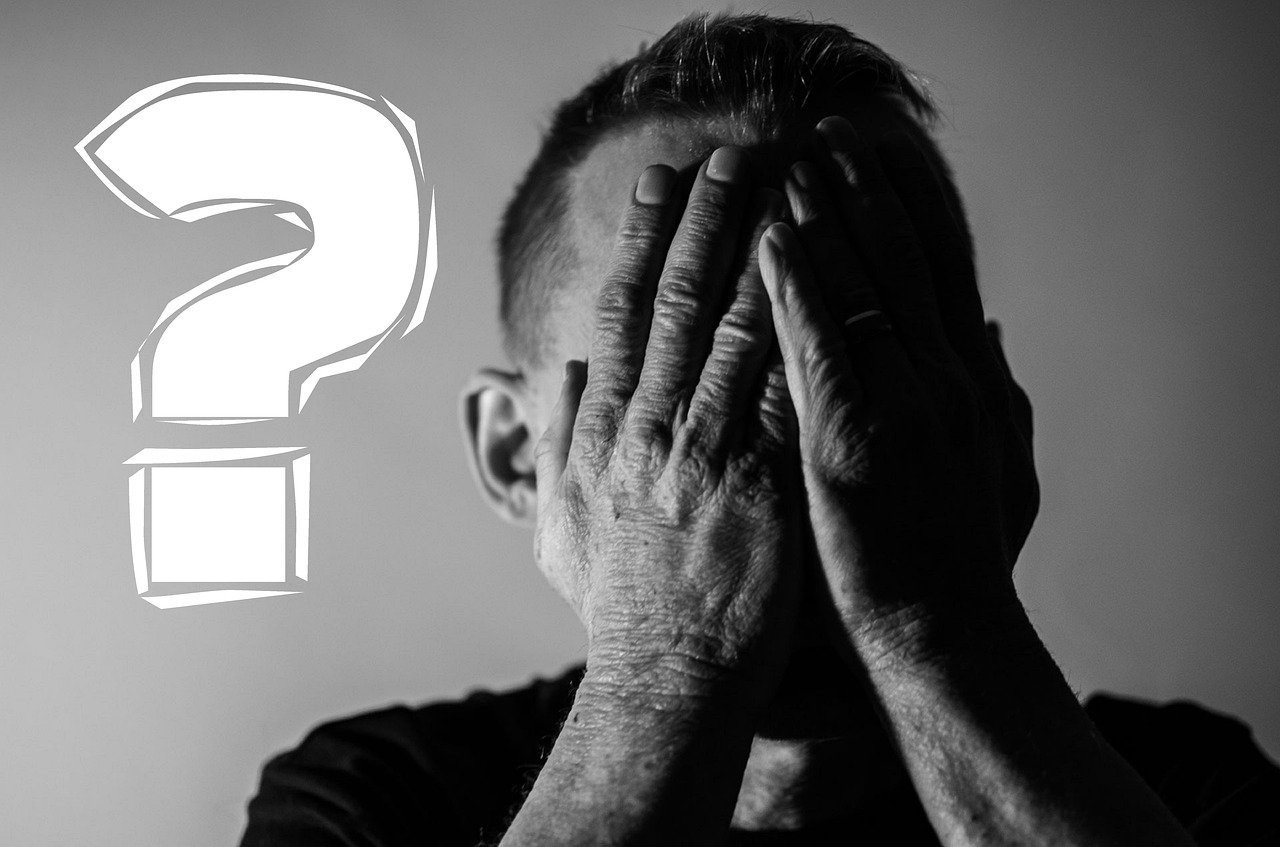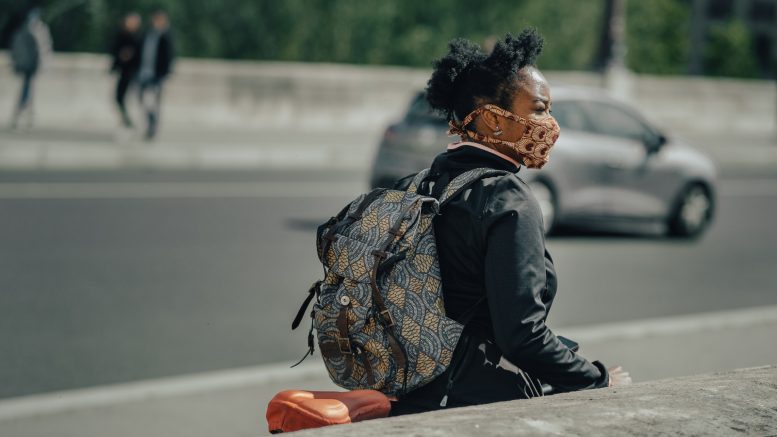Students of all universities in England and Wales are being advised to go home during a ‘travel window’, and will be required to get tested before leaving.
But when should you do the test? What to do if you test positive for coronavirus as a student? How to self-isolate in halls or student accommodation?
Here is some advice on when to get a test, and also what to do if you are positive for COVID-19.
When should I get tested?
According to the BBC, universities will receive test kits at the end of November, which means you should be able to get a test with help from your university.
But if you do have symptoms now, it is recommended to do a test as soon as possible.
If you do test positive for COVID-19, once you have finished your 10 days of self-isolation, depending on whether you have symptoms or not, you can travel by train or on whatever public transport you need to.
You can go home for Christmas without getting another test under this circumstance, phone number 119 told the Voice of London.
However, as the Christmas break is still weeks away, it would be too early now to consider having a test if you have no symptoms.
You will need to do another test before you go home if you are negative for coronavirus now.
What should I do if I am positive for COVID-19?
Try not to worry, as NHS sends out messages to those who are positive, you can often ease symptoms at home until you recover.
So, take a deep breath, you will be fine, and here is your guide through these 10/14 days of self-isolation.

Photo from: Needpix.com
First: register
You can choose how you would like to be informed of your test result, it can be via text, email or both.
Normally it takes two days for you to get your result, in some cases it only takes a day but it can take up to five days. If you do not get a result after the fifth day, call 119 for help.
Once your result is ready and if you are positive for the virus, NHS will suggest you download the NHS COVID-19 app. They will give you a code which you can enter, and it can help keep you and others around you safe.
By entering the code and allowing contact tracing on the app, users who have been in ‘close contact’ with you, and same with the others who are positive for the virus, will get notifications and will need to self-isolate for 14 days.
But as it says in the NHS COVID-19 app, the app only shares IDs created by the app and it will not share your personal information such as your name. Meaning other users will be anonymously alerted.
It is highly advised to download the NHS COVID-19 app whether you are positive for coronavirus or not. By allowing contact tracing, you will get an alert if you have been near other app users who have tested positive for COVID-19.
‘Close contact’, as explained in the NHS website, means ‘you’ve been within 2 metres of someone with coronavirus for 15 minutes or more.’
NHS will also get in contact with you, with a form to fill out online. If you have symptoms, you will have to self-isolate 10 days from when your symptoms first developed. Your close contacts, within the two days before you first developed your symptoms, need to self-isolate for 14 days.
They will also ask for information about people you’ve seen or places you have been to, such as restaurants, six days before your symptoms developed, just to find out where you possibly caught the virus from.
You will need to self-isolate for 10 days if you do not have any symptoms but tested positive for COVID-19.
Once that’s done, you don’t need to worry about informing people and your local authority anymore.
Should I inform my accommodation team?
It is always a good idea to contact your accommodation team so that they can help you while protecting others.
Generally, they can help you collect your delivery and send parcels to your door, some student accommodations, such as CRM student, Unite Students, and IQ, would offer to help you with your laundry and take out your refuse.
You can often check what specific services your university halls or student accommodation would provide online. Imperial College provides free meals deliveries to halls and will help you move to an en-suite isolation room if needed; LSE has full guidance with workout advice for self-isolation in their halls.
If you live in a shared bedroom or an en-suite with shared kitchen, you and your roommates will be considered as a ‘household’ and therefore, if one of them tests positive, you will need to self-isolate for 14 days even if you don’t.
Where do I get food from?

Photo from: Needpix.com
Let’s do some food shopping, online. You can try:
- Tesco online: Once you have added products to your basket, you can find ‘Book a slot’ on the top of that list.
- You can book fixed 1 hour slots or a Flexi saver slot.
- Ocado: Says on the website that Ocado is constantly releasing new slots, they suggest to check constantly and book two to three days in advance.
- Uber Eats: Apart from ordering fast food, you can also buy groceries from Uber Eats and have them delivered to your door. Depending on the area you are live in, you can find retailers such Asda or your local convenience store on Uber Eats.
- If a home delivery service is not available, you can contact your halls and see if they can help. You can also check with your local volunteer charity.
- You can call 119 — NHS Coronavirus testing service, for any enquiry related to self-isolation.
How do I sterilise my room? Is it safe for me to live in my room (has the virus stayed in the environment) once I recover?
It is safe to keep on living in your room, 119 tells The Voice of London. What you can do is change your sheets, wipe all the surfaces you can with cleaning products.
During your days of self-isolation, it is important to make sure your room is well-ventilated. But keep the door closed.
If you are living in student accommodation or anywhere that you need to use a shared laundry room, you should wait 72 hours after your self-isolation ends before you go.
Suggestions to make it through
Relax and listen to your body. It is good to keep working within reason during self-isolation if you can, staying productive can help you escape from thoughts about COVID. But if your body says no, it means no. Apply for MC (Mitigating circumstances claims) if you have to.
Take good care of your mental health, it is just as important as your physical health.
Meditation: I don’t know about you, but this is the one thing I know I cannot sit through unless I have all the time in the world and not a million things waiting for me to do. Well, I guess now is the time for us.
You can spend 10 minutes each day doing a meditation session. Some of them have specific functions such as helping you with anxiety or dealing with your relationship, the one I am doing now teaches me how to deal with regrets.
P.S. if you are on Spotify premium, you can get headspace for free as a student.
Cooking: Cooking can be quite therapeutic if you take your time and don’t burn your kitchen down.
To help your body win this battle again coronavirus, it is important to have enough protein and Vitamin D. So make sure you eat enough eggs, dairy products, oily fish like salmon and lean meats such as beef and lamb.
If you are vegetarian, chia seeds, soybeans and Ezekiel bread are a good source of protein as well.
Zine also helps your immune system, you can find plenty from meat, shellfish, dairy foods like cheese, bread, and cereal products.
If you lose your sense of smell and/or taste as symptoms of coronavirus, pay extra attention to the best before the date when you buy food and do not risk it. COVID is bad enough, you don’t want to have diarrhoea too.
Other questions you might ask

Photo from: Needpix.com
Can I stop self-isolation after 10 days if I can’t smell / taste anything, or am still coughing?
Depends on when you started to develop your symptoms, you should isolate yourself for 10 days from when your symptoms first developed.
But, yes, you can go out once you have done the 10 days of self-isolation even if you still have a cough. That can go on for weeks but you are still good to go. If you don’t have any other symptoms (such as a high temperature within 48 hours).
You can visit high-risk/ people who are vulnerable to COVID-19 as well.
Why is the NHS so confident that COVID patients can leave their house like normal after 10/14 days of self-isolation?
According to 119, that’s because the NHS acknowledges the activation period, the period where patients tested positive are most likely infectious others, for COVID-19 is the first four days.
I have finished my 10 days of self-isolation, but it says on the tracing app that I still have four days to go (possibly assuming I were to self-isolate for 14 days from the date I did my test). Do I need to keep self-isolating? If not, what should I do if I go to some places that require me to scan the QR code?
119 tells The voice of London that it is a systematic mistake. You do not need to continue self-isolation and you are free to go. If you do need to go somewhere that requires a QR code scanning, just explain to them what happened.
But in the meantime, you can turn off contact tracing in the app to avoid causing any inconvenience.
Am I safe from COVID from now on? What about reinfection?
As it’s said in the government to stay at home guidance, you will probably develop some immunity to the virus. However, we don’t know for sure how long this immunity would last for each individual or whether everyone will develop immunity or not.
There is a chance of reinfection and therefore you need to keep social distancing and wearing face-covering in public even you have tested positive for COVID-19.
It also says in the government guidance that anyone who has tested positive should only be re-tested within a 90-day period if they develop symptoms again.
Words by: Yuan Luo | Subbing: Anuj Datta

